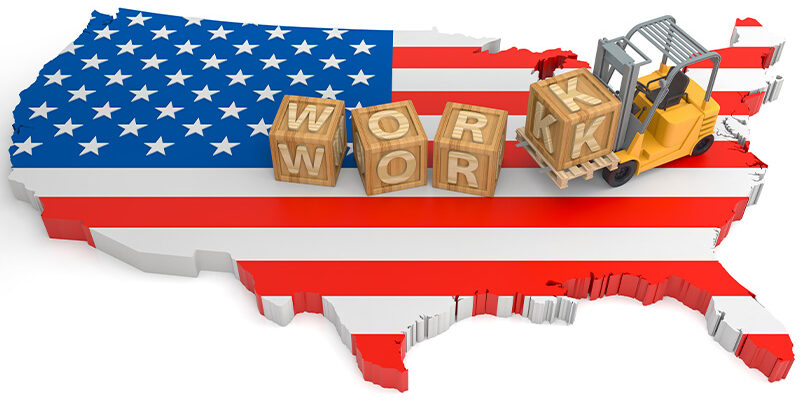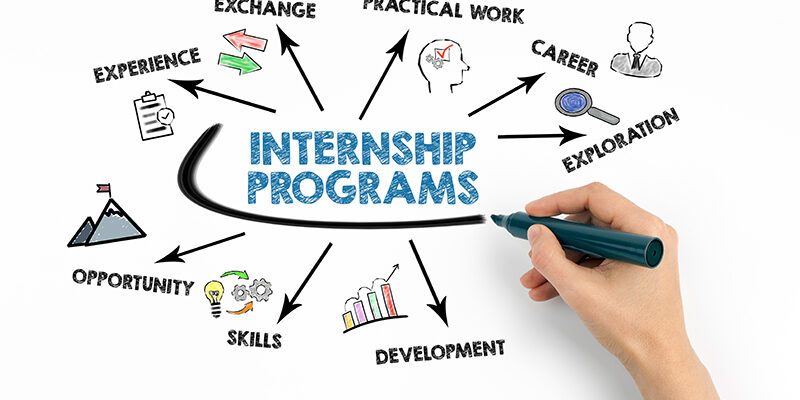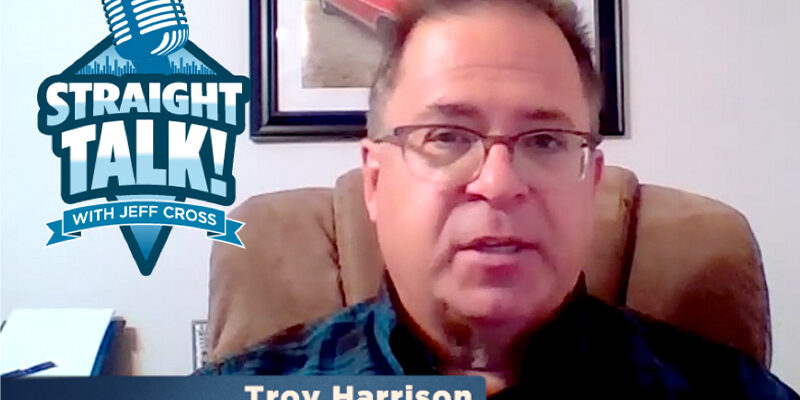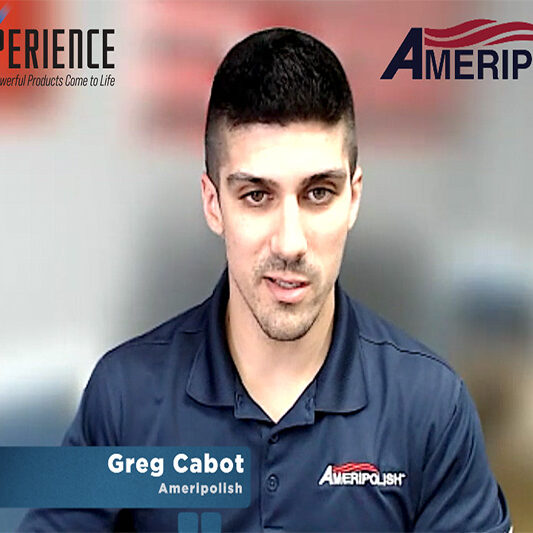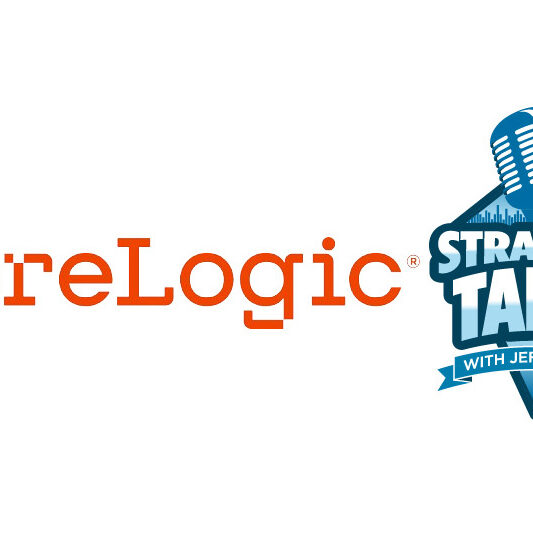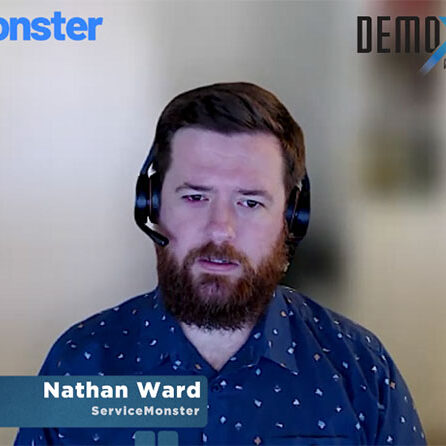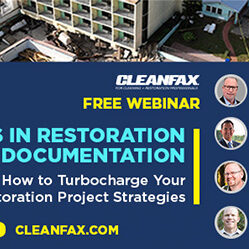Waiting for the Future

By Amanda Hosey
It’s been another turbulent month in the world, with more than 300,000 deaths (and climbing), our country all but closed, our kids adapting to online learning, our sanity waning, and our businesses struggling to stay afloat. It’s hard to stay positive in these times, to see any light at the end of this pandemic tunnel, but Cleanfax is trying to focus on our hope for the future.
Jeff Cross puts forth some positive predictions in “COVID-19: The Aftermath for the Cleaning and Restoration Industries”. He posits that, though times are tough for most carpet cleaning and some restoration companies, the pandemic will actually help businesses in the long run because people are now much more enlightened on the importance of cleanliness.
And, while we wait for the calls to start coming in, it’s a good time to brush up on skills and develop new ones. Many certification organizations are offering online versions of courses previously unavailable online, including courses like IICRC Carpet Cleaning Technician, Commercial Drying Specialist, Fire and Smoke Damage Restoration Technician, and Water Damage Restoration Technician. Brant Insero discusses online learning—how it works and how to make the process better for employees taking classes and presenters teaching classes.
If you’re looking to add a new skillset to your toolbox, you can learn all about forensic restoration from the leading expert on it. (Fun fact: He actually coined the term “forensic restoration.”) This in-depth article explains what the work entails, what the steps of a job look like, what training is needed, who works best in these kinds of jobs, and more. It’s a great primer for anyone considering providing this service.
If you want to brush up on and improve upon existing skills, check out “Success on Water Losses” by Dan Mesenburg and the interview of Michael Rubino, “Remediation for Hypersensitive Individuals”. Each talks about ways to be more successful in restoration. Mesenberg discusses the S500 Standard and Reference Guide’s best practices. The interview with Rubino looks at mold remediation success in cases where occupants are sensitive to mold, explaining the thorough requirements of this work and why it’s so important.
Lastly, Chuck Violand offers advice on being a better leader in “The 50% Rule”. He explores the effects of misplaced blame in an organization and how to overcome it.
I hope this issue provides you some help and gives you some hope for the future. The future still exists, and it will be bright. We just have to keep working together and hold on until we make it there.




